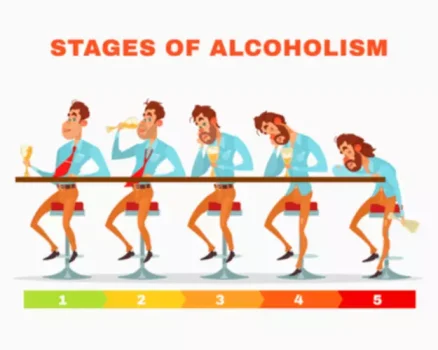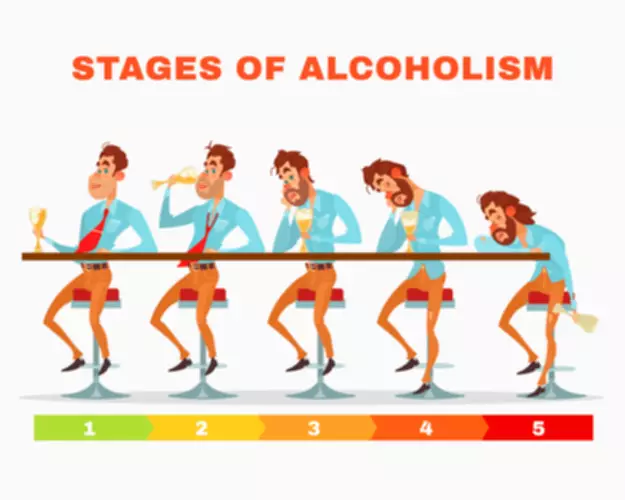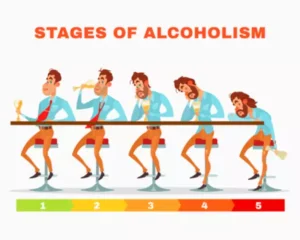
So, if you go from a dark room to a light room or vice versa, you’d have a lot of trouble adjusting to the new lighting. Optic nerve damage brought on by alcohol will sometimes lead to a condition called toxic amblyopia. This disease is usually seen in alcoholics due to too much menthol consumption. If you find that you’re experiencing health-related problems from drinking alcohol and are having a hard time cutting back, you are heroin addiction not alone. Quitting alcohol can be incredibly difficult and sometimes dangerous when attempted alone.

Vision Loss
- By being informed and taking proactive measures, individuals can reduce their chances of developing vision problems related to excessive alcohol consumption.
- A 2018 British Journal of Opthalmology study revealed that the cornea cell density of those with alcohol dependence syndrome (ADS) was significantly lower than in people without ADS 23.
- Some temporary effects occur when you drink, and other effects take time to develop and can be permanent.
Many resources are available for those looking to cut back or quit drinking altogether. Support groups like Alcoholics Anonymous provide a community of individuals who understand what you’re going through and can offer guidance and encouragement. The impact on your vision can be alarming, but it’s just the tip of the iceberg when it comes to understanding the drinking and eyesight relationship between alcohol and eye health.
- These are short-term effects that can begin while you are drinking, and can last for several hours afterward.
- The effects of alcohol on the body are extensive, impacting various organs and systems, and your eyes are no exception.
- Individuals suffering from PTSD may turn to drugs or alcohol as a form of self-medication, seeking temporary relief from…
- There’s nothing like a glass of Chianti with your favorite pasta dish or a cold draft beer while watching a sporting event.
- Researchers say adding zinc to your diet can lower your risk for AMD and vision loss.
- This blurriness is often accompanied by a sensation of double vision, which can make navigating your environment challenging.
Shorter-Term Effects of Alcohol on the Eyes

Additionally, long-term alcohol use can contribute to the development of cataracts and macular degeneration, both of which are significant causes of vision loss in older adults. Cataracts cloud the lens of the eye, leading to increased difficulty seeing clearly, while macular degeneration affects the central part of the retina, impairing your ability to see fine details. While the short-term effects of alcohol on vision are alarming, the long-term consequences can be even more concerning. Chronic alcohol consumption has been linked to various eye disorders and conditions that can lead to permanent vision impairment.
Eye Symptoms With/Without Active Alcoholism

It can cause the pupils to dilate, which allows more light to enter the eye, making it difficult to focus properly. This dilation can lead to increased sensitivity to glare and bright lights, as well as reduced depth perception. This condition can cause a loss of central vision and may lead to permanent vision impairment if not managed effectively. Addiction treatment programs like the ones at The Blackberry Center are here to help you recover from the physical and emotional pain that stems from these conditions. Preventing eye problems related to excessive alcohol consumption starts with moderation and awareness.
The Lasting Impact of Alcohol on Vision
Women are more prone to developing serious eye conditions, including glaucoma, chronic dry eye, and cataracts, all of which can be exacerbated through heavy drinking. Detoxing from alcohol, committing to long-term sobriety, and restoring nutrients through a healthy diet and lifestyle will set the body back on a path to wellness. When it comes to long-term effects, heavy and prolonged alcohol intake can lead to more serious and irreversible vision problems.
Tips for Limiting Alcohol’s Impact on Vision
Therefore, it is important to consider the impact of alcohol consumption on one’s eyesight and maintain moderation in drinking habits. For individuals who are struggling with alcohol abuse or are concerned about their vision as a result of excessive drinking, there are resources available for help. Additionally, support groups and counseling services can offer valuable support for individuals who are working towards reducing their alcohol intake and improving their overall health. The optic nerve is responsible for transmitting visual information from the eyes to the brain, allowing us to perceive and interpret the world around us.
- For example, dry eye symptoms occur more frequently alongside age over 50, and co-occuring conditions such as blepharitis, together with drinking 46.
- It can mean reading becomes difficult, colours appear less vibrant and people’s faces are difficult to recognise.
- These conditions can cause permanent damage to the eyes and may result in partial or complete vision loss if left untreated.
- This is in addition to the problems arising with other organs and the health of the whole body from excessive or long-term alcohol abuse.

You might develop a painless loss of vision, decreased peripheral vision, or reduced color vision. There’s nothing like a glass of Chianti with your favorite pasta dish or a cold draft beer while watching a sporting event. A glass of wine, beer or cocktail will not have https://ecosoberhouse.com/ any lasting negative effects on your health or vision, but occasional drinking can slowly grow into a habit without even realizing it. Besides the harmful damage that alcohol can do to your body systems, excessive drinking can cause permanent eye damage.
Leave a Reply